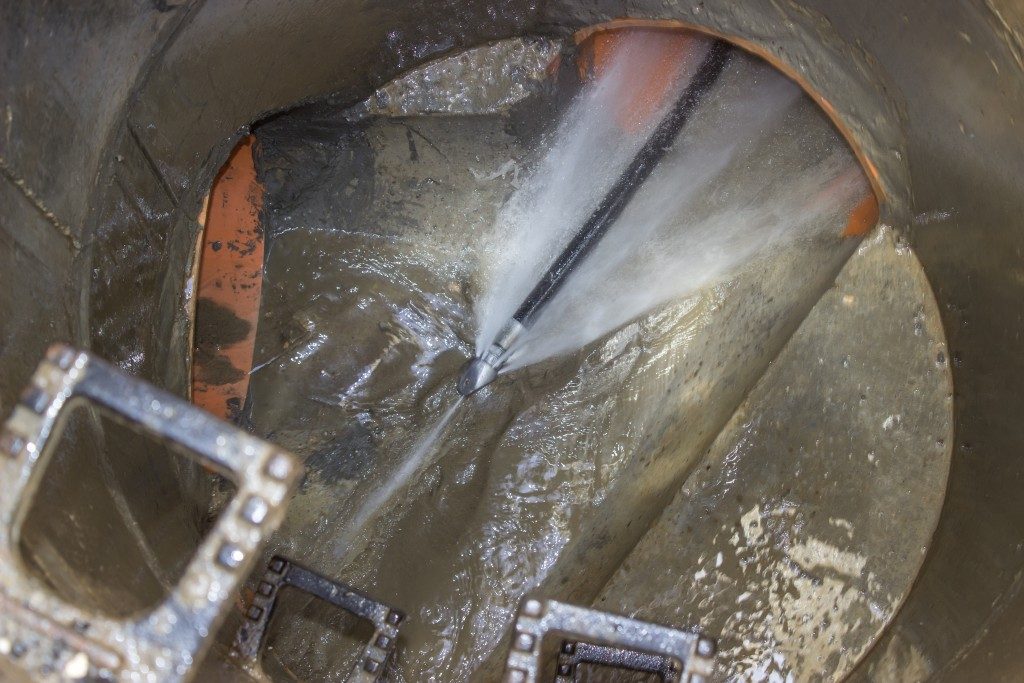Wastewater management is a process for which both the national government and water conservation enthusiasts have been campaigning quite actively. Ideally, that is because the nation has started experiencing pangs of the effects of water shortage from climate change. Well, yes, New Zealand is one of the countries with adequate annual water supply, but some areas experience seasonal shortages. Other times, dry seasons strike hard, and floods are unforgiving to water supply infrastructure. That, together, puts pressure on NZ city governments to require utility companies to create regulations for water conservation. And, since, most of the wastewater that municipals manage is from private properties, wastewater management campaigns should begin at the household level.
Is there any feasible solution?
The most appropriate solution here is encouraging property owners to utilise greywater systems to manage the wastewater that they produce. But, as is with most people, it can be quite challenging finding a firm that can help you manage wastewater in your property appropriately. Typically, that is because there are certain elements that you must consider highly before hiring such a company. Top among these considerations are:
Municipal codes
Check with your utility company and respective local authorities to determine which wastewater management solutions they allow. That should, however, follow inquiring from your provider of wastewater management systems the particular greywater systems in which they specialise. Once you have all the legal documentation to manage your wastewater, follow that with:
Professional installation
How well a greywater system will be efficient will first depend on the type. But, most importantly, ensure the company you are hiring does a highly professional job. First off, they should be knowledgeable of the most appropriate waste decomposition methods for the wastewater from your property water uses.
Energy costs
There is a myriad of wastewater management solutions from which to choose. But, power-free greywater systems are not only sustainable, but they will help you save on energy. Such systems do not use mechanical pumps to process wastewater. Instead, they utilise an enclosed eco-system with natural aerating processes to treat and break down wastewater to a form that you can use or dispose of safely.
Maintenance costs

The less your greywater system has mechanical parts for breaking down wastewater, the less it will cost you to maintain it. All you will need is to ensure the decomposition grounds remains an environment that is conducive for the natural microorganisms to act on the wastewater. But, since most of these greywater systems are either in enclosed units sunk in the ground, the natural heat is enough to sustain the decomposition process.
Curbing water shortage should be a responsibility of every property owner. And, yes, minimising water use is an excellent way of contributing to this campaign, especially in NZ since water is somewhat in plentiful supply. That, however, can be much more significant if you implemented greywater systems for managing the wastewater that you produce. But, how efficient these systems will be will depend mainly on the installation company with which you will choose to work. When choosing such companies, however, it is prudent that you check through customer reviews to determine whether they deal with sustainable wastewater management solutions.

